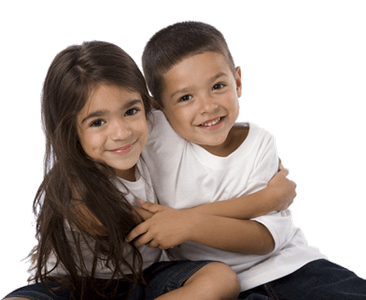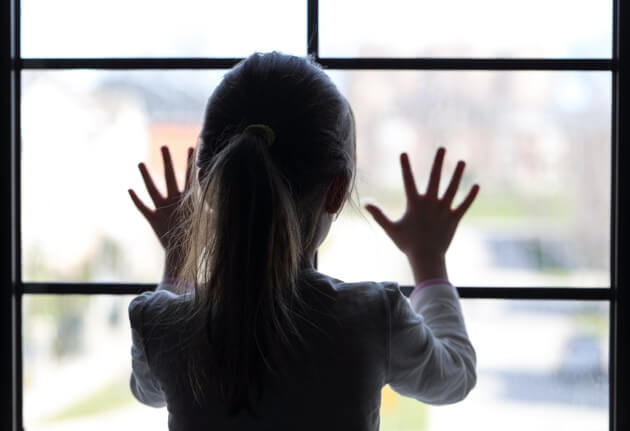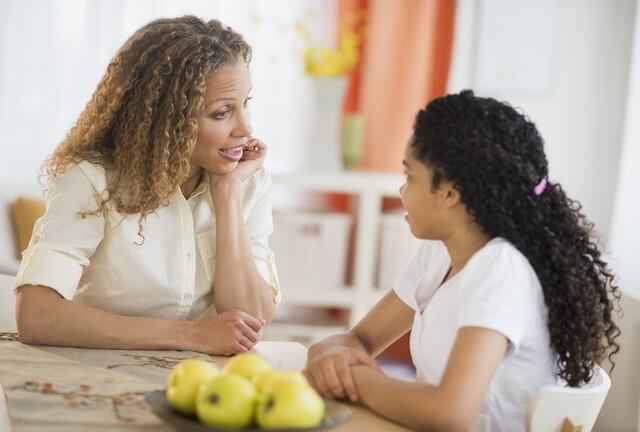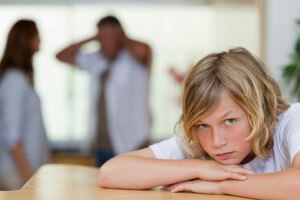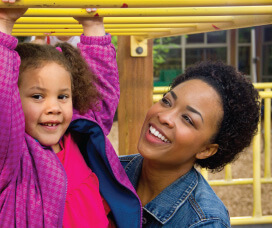10 Key Questions Divorced Co-Parents Mus...
By Rosalind Sedacca, CDC Divorced parents face challenges that are not only complex; they are long lasting as well. There are many variations of joint parenting, co-parenting and other forms of divorced parenting based on how well both parents get along, their geographical proximity, the age of the children and other contributing factors. Every decision made will affect the children involved -- and the impact can be detected in children’s behavior, attitudes and levels of self-esteem. To help parents co-parent more effectively I’ve created a list of significant questions to ask yourselves. I share these during mentoring sessions with parents not only before, but long after the divorce as well. If you sit together and discuss these questions, or review them during mediation, it can help you avoid serious mistakes and unnecessary strife now and well into the future. The more honest you are with yourself and your former spouse,





